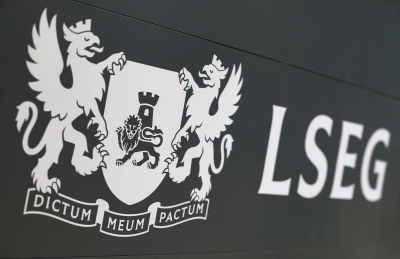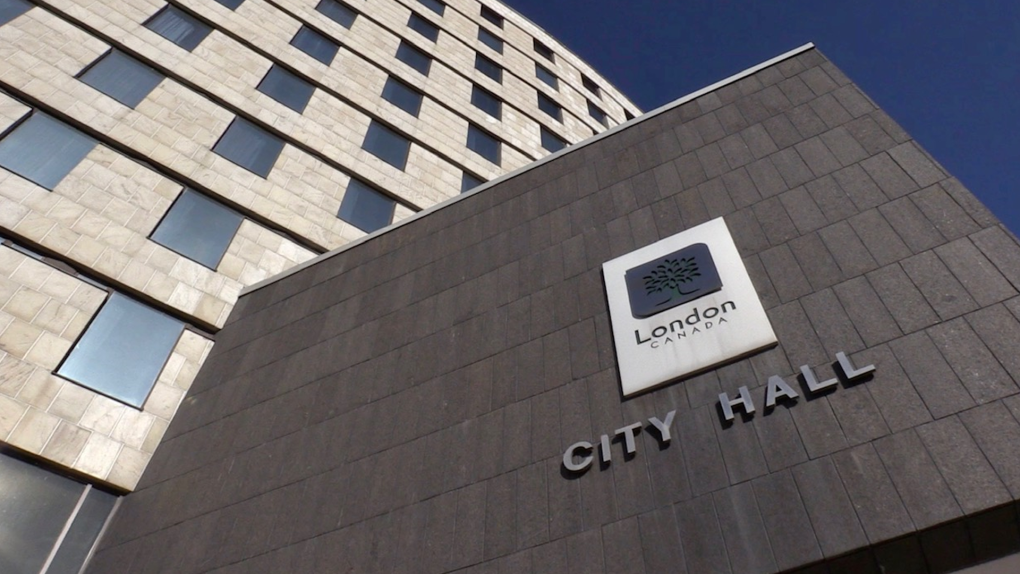The ongoing blocking of Canadian news content on Facebook and Instagram is making it hard for media organizations across the country to ensure their content is reaching their audiences.
The social media news ban is the result of an ongoing battle between tech giant Meta, who owns Facebook and Instagram, and the federal government over who should pay for news that’s repurposed on the platforms.
It’s presenting a unique challenge for student-run newspapers at universities and colleges, whose main demographic is young adults who primarily rely on social media apps to find and share their news.
CBC London Morning host Allison Devereaux spoke with student journalists Estella Ren, editor-in-chief of The Gazette at Western University, and Hannah Theodore, editor at the Interrobang at Fanshawe College. They shared how the news block is affecting their organizations.
The following has been edited for length and clarity.
Allison Devereaux: How has the move by Meta to block Canadian news affected your publication?
Estella Ren: It has a huge impact on our publication because after we publish our news on the website, we publish them again on Instagram stories and if it’s a big news or feature story, publish them in an Instagram post.
We have 6,900 followers on Instagram, each of them reposts our stories and [they’d] reach thousands of people before Meta blocked us. And we all know that Generation Z lives and breathes Facebook and Instagram, our Gazette readers are students who are in this age group, and Instagram is where we get most of our foot traffic from.
AD: Estella, how much would that traffic gap be? How many people are going to your website versus the amount accessing stories through your social media?
ER: From what I observe, most of our readers will know the stories we publish from Instagram and then they would click on the link to go on the website and read stories, so we get most of our traffic from Instagram
AD: Hannah, how did readers on your end start finding out that something had changed?
Hannah Theodore: It was kind of a slow trickle even for myself, going to our Instagram page and noticing that our content was no longer visible. Members of our videography team were coming into my office asking ‘Are we still making vertical videos?’ Because I’ve been working on expanding our multi-media growth because we also know that’s how our audience is consuming news, especially on Instagram, they want that video content, so we’re losing a huge piece of the way that we’re trying to reach students right now.
LISTEN: How campus newspapers are navigating the Meta news ban
London Morning7:40How campus newspapers are navigating the Meta news media ban
Canadians can no longer get news in Canada on Facebook or Instagram. The move is affecting large and small news agencies alike. Fanshawe’s Interrobang editor Hannah Theodore and the Western Gazette’s editor-in-chief Estella Ren tell London Morning how both papers have changed their approaches to reach readers.
AD: Does it feel as though you put a lot of work into social media and it’s just not there anymore?
HT: It does feel that way, we’ve been really actively trying to grow those spaces, especially on Instagram. Facebook is probably where we have our most established audience because we’ve had that account for the longest and we know, based on analytics, that most of our clicks are coming through Facebook and those tend to be graduates, former students, former writers at the Interrobang, that are still accessing our stories through Facebook. With Instagram, we’ve been trying to grow new audience members and reach the current student body, so losing that is going to be a real detriment.
AD: Estella, I’m wondering what the conversations sound like in your newsroom, what questions are people asking themselves?
ER: Our social media team is trying to figure out some new ways to reach our audience and some things we’re considering are newsletters. In the past, we relied on social media algorithms but we don’t really know how they work and they’re out of our control so maybe newsletters are something we can look at where we have direct control of that we can send to our readers’ inbox every weekend. We plan to do different kinds of newsletters, breaking news, weekly roundup, sports, and local arts news.
HT: We do have an email newsletter that we have been producing for the past few years now. and we’re hoping to expand that newsletter a little bit, amping up the number of stories we’re putting in it because that’s the quickest way to get our stories directly to our audience through their emails. We’re quite lucky at Fanshawe that we have a pretty high pick-up rate for our physical newspaper, so we know our students are picking it up and we’ve always felt such a strong connection to the print aspect of what we do at Interrobang.
AD: As student journalists, what do you both think of the Canadian government’s move?
ER: I think it definitely has very good intentions but what we’re dealing with right now is unintended consequences and it harms people’s ability to get access to Canadian news. I think it does more harm than good to the news industry, especially for local news, we don’t have big platforms like other outlets do, we have limited resources.
HT: Local news is suffering in Canada and I think looking to these huge tech giants to just come to the table and consider sharing some of that revenue they’re getting from those click-through links, that could be a substantial aid for small publications like us. We need all the help we can get especially at the student journalism level.
https://www.cbc.ca/news/canada/london/q-a-how-the-meta-news-block-is-impacting-student-newspapers-in-london-ont-1.6940651





